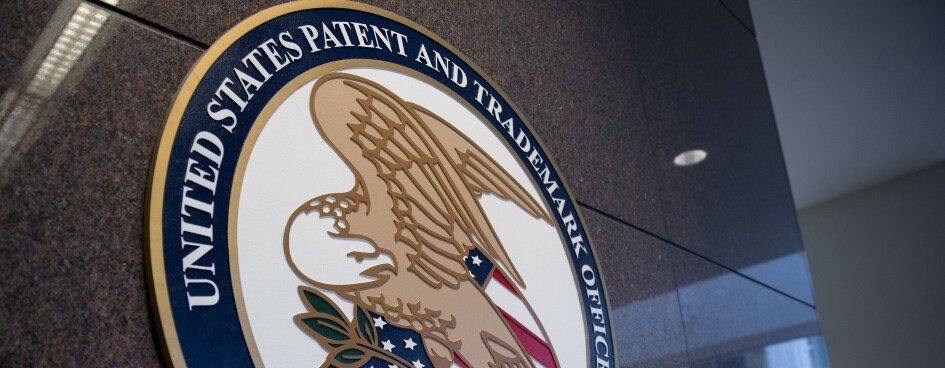The US Patent and Trademark Office’s mission is to drive US innovation and global competitiveness. However, a recent Government Accountability Office report reveals the agency is falling short on multiple fronts.
The GAO found the agency “places greater emphasis on meeting output goals for the number of [patent] applications reviewed over issuing quality patents.” This follows a prior report detailing the inappropriate influence PTO leadership exerts over the agency’s judges, affecting their decision making and independence.
Prioritizing quantity over quality and pressuring judges diminishes public trust in the PTO and generates bad economic outcomes. If it continues, American consumers will be the ones who—literally—pay the price.
The PTO’s most important job is to issue patents, which give inventors the exclusive right to manufacture, sell, or build upon their patented product. Everyone else needs to wait until the patent expires or compensate the patent owner for a license.
Patent policy requires a careful balance. When issued accurately, they encourage innovation by allowing inventors to profit from the time and resources they have expended to develop a new idea.
But when patents are issued for ideas that aren’t new or useful, they have the opposite effect. Poor-quality patents create unearned monopolies that stifle competition and, as noted in the GAO report, “can inhibit innovation or create costly legal disputes for patent owners and technology users.”
The bottom line is that more low-quality patents in the market result in fewer valuable inventions and higher costs for US consumers.
The most recent GAO report identified “persistent examination and quality challenges” at the PTO, including that patent examiners are denied the time and tools needed to accurately determine whether a patent should be granted. Instead, they operate under incentives, such as bonuses, that encourage volume of work rather than quality of work.
In a comment that the GAO highlighted as capturing the general sentiment of their findings, a patent examiner noted that “there was a saying during my tenure at [the PTO] that a patent examiner never got fired for doing bad quality work, as long as they did a lot of it.”
Adding insult to injury, the PTO has shown little interest in correcting its mistakes after issuing low-quality patents.
While serving in the US Senate, I spearheaded legislation that established a new quality check process at the PTO. Under the America Invents Act, any member of the public is supposed to have the option of requesting that judges serving on the Patent Trial and Appeal Board review a patent for its validity.
This review process is an alternative to the expensive legal disputes that the GAO highlighted in its report and breaks up undeserved monopolies, reducing costs for consumers. Yet, over the past few months, the PTO has dramatically restricted access to this quality safeguard.
The agency’s acting director implemented policies that allow many more requests for review to be denied on discretionary grounds, no matter the strength of petitioners’ arguments. She then consolidated power by creating a process that allows the acting director or director to personally consider each petition for review and determine if the case is allowed to proceed.
The acting director so brazenly interfering with the congressionally established review process is especially troubling at an agency with a track record of leadership undermining judicial independence.
A 2022 GAO report revealed 75% of PTAB judges said oversight by office directors affected their independence and 67% felt pressure from leadership to change their decisions. Which petitions for review were instituted versus which petitions were denied was a primary area of interference.
Concerns about PTO leadership tilting the scales of justice have persisted. In early May, one PTAB judge won $125,000 due to retaliation he faced after blowing the whistle on agency management stacking review panels without notifying the parties involved.
The acting director also has been accused of abusing her discretion after reversing a PTAB decision and, in doing so, directly benefited a company that the PTO’s acting general counsel represented in the case.
The agency’s disregard for patent quality is likely to get worse before it gets better. The PTO is rightly pushing to reduce the existing patent application backlog, but isn’t addressing the fact that the number and complexity of patent applications are increasing without examiners having the support required to consistently make accurate decisions.
Combined with the intentional dismantling of secondary patent quality review tools, we should expect more low-quality patents to enter the economy and go unchallenged.
By ignoring patent quality issues, the PTO is failing to uphold its mission. Unless agency leadership reprioritizes quality over quantity, it will lose the trust of inventors and the public, slow rather than promote innovation, and increase costs for US consumers.
This article does not necessarily reflect the opinion of Bloomberg Industry Group, Inc., the publisher of Bloomberg Law, Bloomberg Tax, and Bloomberg Government, or its owners.
Author Information
Patrick Leahy was US senator from Vermont from 1975 to 2023, former chair of the Senate Judiciary Committee, and chair of the Judiciary Subcommittee on Intellectual Property in the 117th Congress.
Write for Us: Author Guidelines







